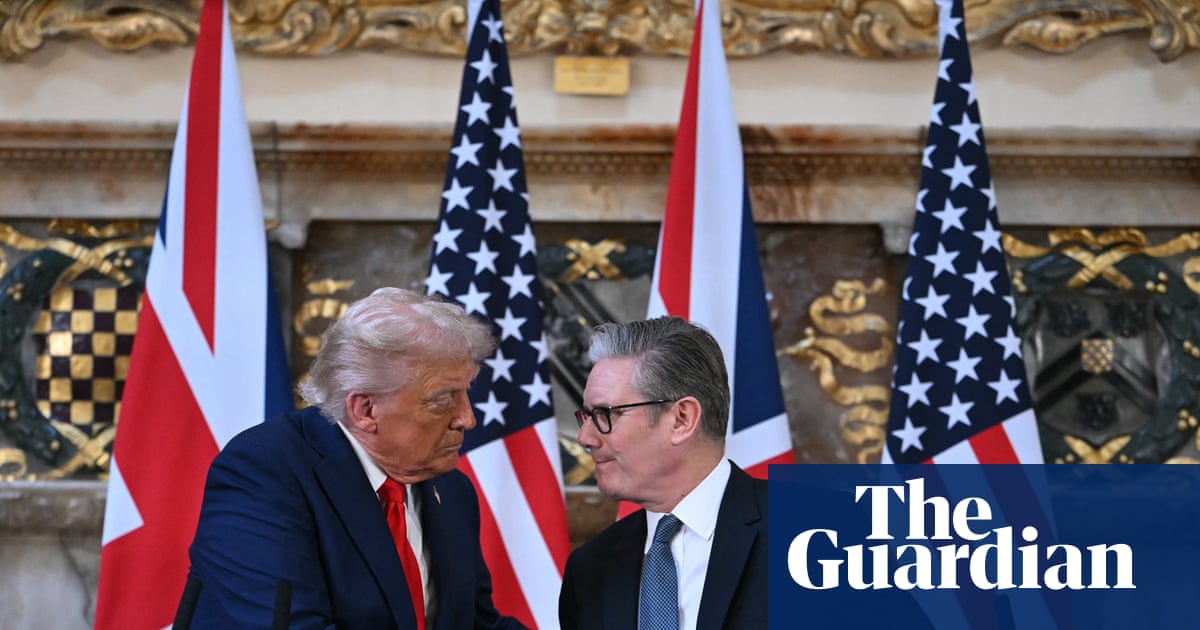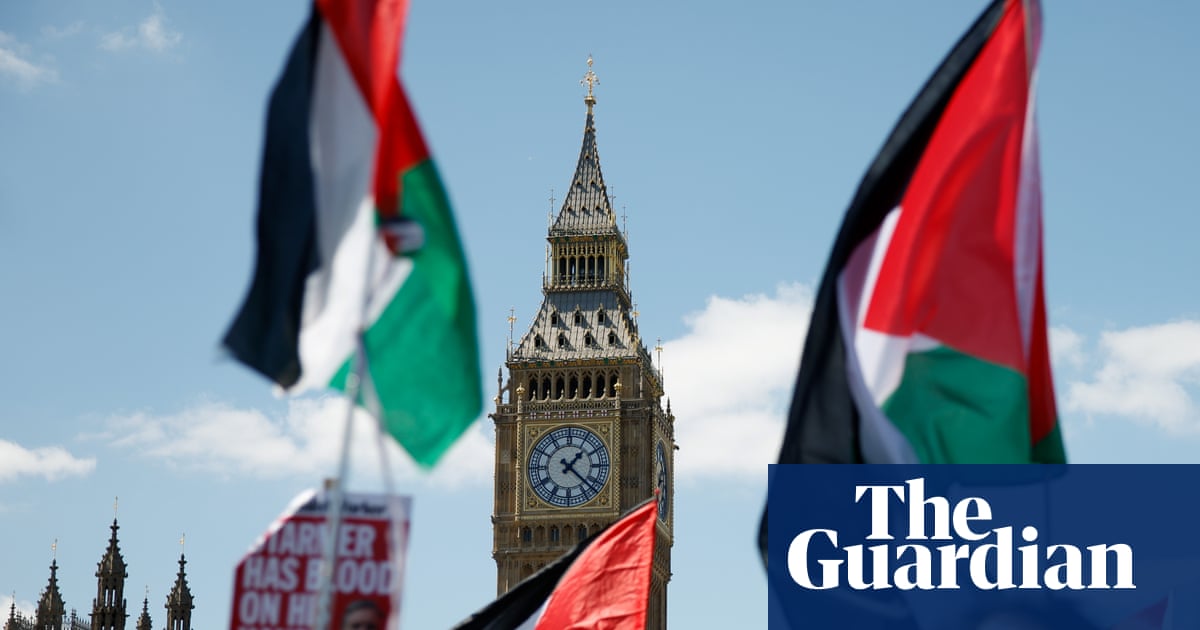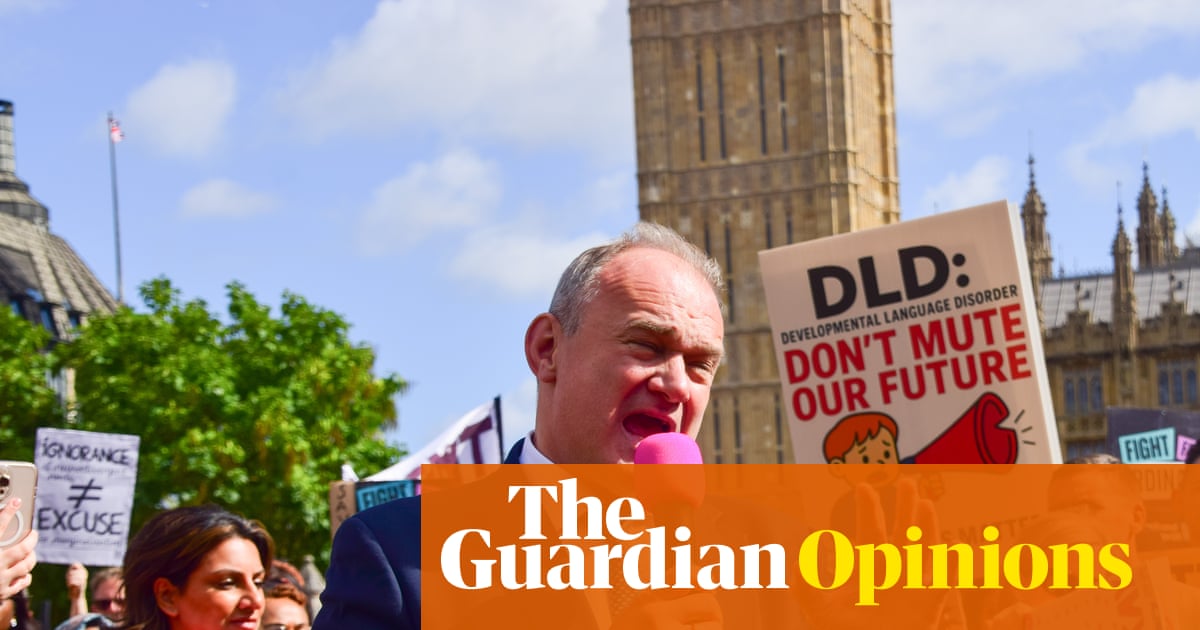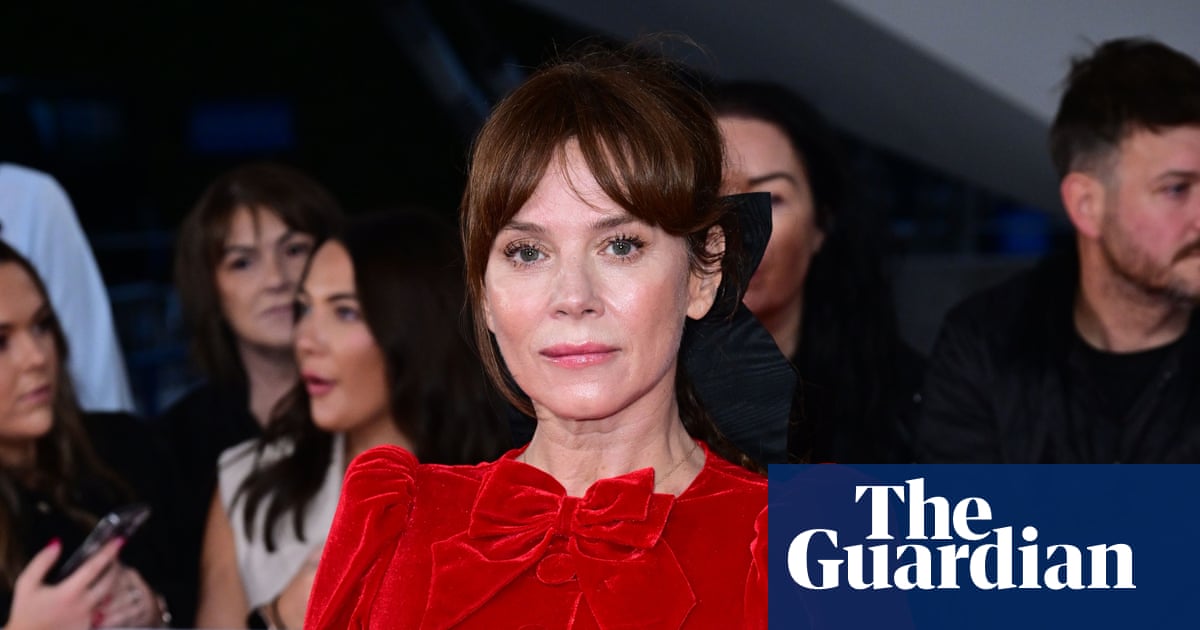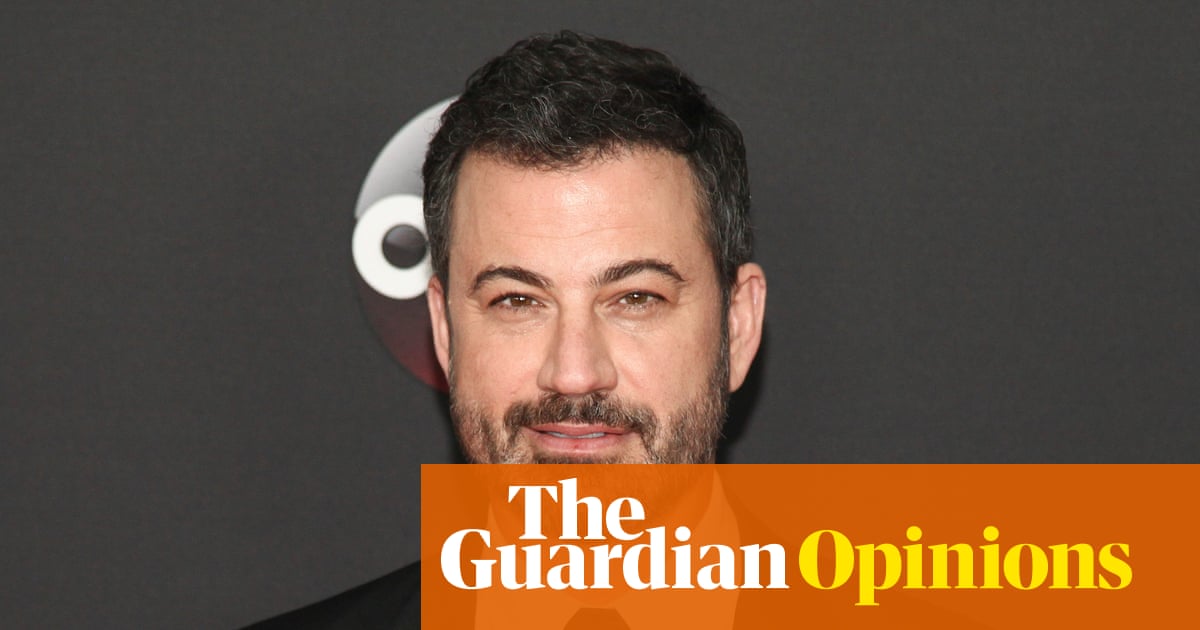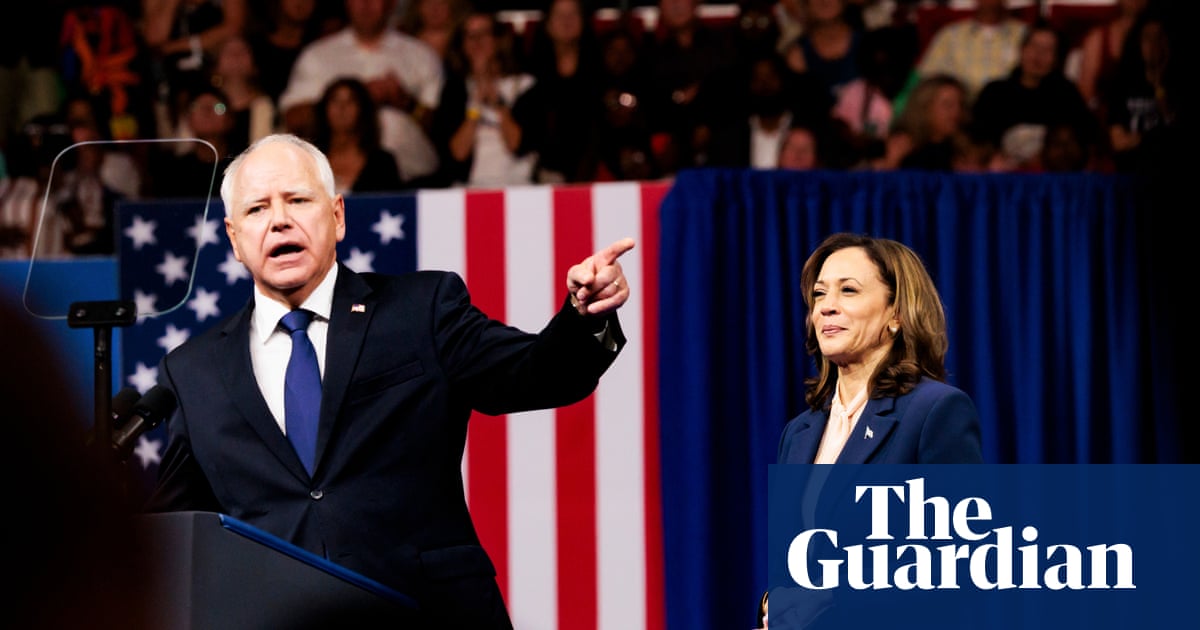Millie Bright’s decision to withdraw from selection for the European Championship this summer, partly to look after her mental health, is one of the most courageous acts an England player has made and might yet prove to have just as powerful an impact off the pitch as her performances have had on it.
Going to a major tournament for your country is every player’s dream and therefore for Bright, who captained England in the 2023 World Cup final, to bravely risk criticism and sacrifice that opportunity because she has the self-awareness to know that – in her words – “the fans deserve more” than what she can offer is sad for the Lionesses, but it should also serve two higher purposes.
First, it should be a wake-up call to the sport that an elite player who has just won a domestic treble feels so fatigued after a long, congested season for club and country that she is “not able to give 100% mentally or physically”. Does women’s football have too many international windows? Does the game offer enough support for players’ wellbeing? And have Chelsea and England rotated and rested players such as Bright sufficiently in the past few years?
Second, it should offer anybody else who is not feeling fully fit mentally the reassurance that they are not alone and that – ultimately – nothing is more important than your health. In short, sport would be a much healthier place if more athletes felt empowered to make the difficult decision that Bright has taken.
For England, however, in the short term, her absence will undoubtedly leave them weaker for Euro 2025 next month, together with the retirements from international football of Mary Earps and Fran Kirby, in what has turned into surely the most tumultuous week of Sarina Wiegman’s otherwise hugely successful tenure.
The European champions will go to the European Championship without three vastly experienced players who have a combined 218 senior caps. That sort of knowhow and leadership will be tricky to replace, even though it will offer young talents a chance to thrive.
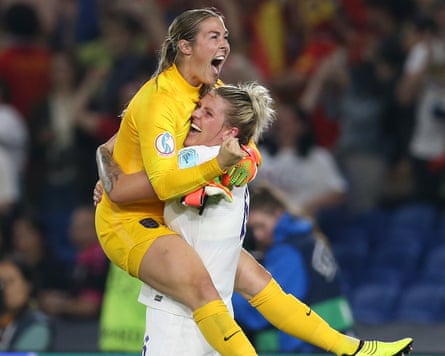
There will naturally be many people alarmed by the trio of high‑profile withdrawals. However, each has come for individual reasons. Earps is understood to have been contemplating her decision for more than a year. Kirby had already planned to retire from England duty after Euro 2025 and has brought that move forward after being informed – after “honest conversations” – that she would not be selected in the final squad. Bright revealed in May that she was withdrawing from the games against Portugal and Spain, telling the Daly Brightness podcast last week: “Mentally and physically, I’m probably at my limits. We are humans, we’re not robots. At some point, things will take their toll on you and I just needed time to breathe and switch off.”
Nonetheless, there are some questions for Wiegman. On the one hand, her determination to have honest conversations with players about their chances of selection for Euro 2025 will be welcomed by those who appreciate the transparency, but did the England head coach decide too soon that Kirby would not be picked? Was that not a risk, before England’s match against Spain, in case another player who plays in Kirby’s position picked up an injury?
Similarly, while both goalkeepers will probably have been glad to hear such honesty and clarity from their coach, was it definitely necessary for Wiegman to decide that Hampton was her No 1 for the European Championship so early – as has been widely reported – rather than encouraging both players to keep battling for the starting jersey and pushing each other to keep improving? We will never know for certain whether that could have made any difference in delaying Earps’s retirement. It was a big call for the Dutchwoman to make, although one where she was possibly in a no-win situation; delay the decision and the topic of “Who is your No 1 keeper?” would have been asked at every media session until England face France on 5 July.
after newsletter promotion
Last, and perhaps most significant, when the raw emotions of these announcements die down, English women’s football needs to take a moment for some serious self‑reflection, review as many factors as possible and ask whether more could have been done to prolong the England careers of the legends of the 2022 squad.
For a contrasting example, take the USA team: Megan Rapinoe was 38 when she retired from international duty in 2023. Carli Lloyd played for her country until she was 39. Alex Morgan was almost 35 when she played her final USA fixture last year. More recently, in December, Becky Sauerbrunn announced her retirement aged 39.
For England to say farewell to Earps, aged 32, and Kirby, aged 31, and be without 31-year-old Bright this summer, raises questions for the camp internally about whether or not enough is being done to help sustain the careers of these icons and help them to continue thriving at the elite level for as long as those USA stars did. Rachel Daly also retired last year from Lionesses duty at 32.
Everything should be looked at from schedules, calendars and recovery periods, to mental wellbeing support, nutrition and whether the environment could be improved, because the national team are saying goodbye to fans’ favourites too soon.

 3 months ago
91
3 months ago
91








